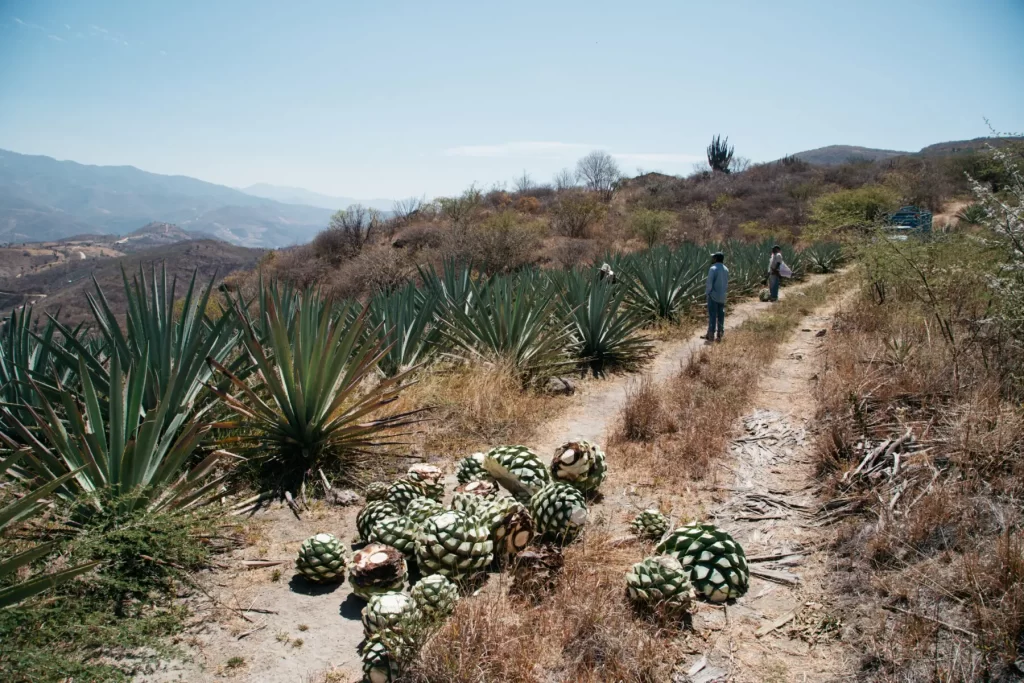

Designations of Origin (PDOs) are among the most valuable intangible assets for the regions that possess them, as they protect products with specific qualities and characteristics derived from their geographical origin and other unique elements.
What is a Designation of Origin?
A designation of origin refers to a product linked to a geographic area from which it originates, provided that its quality, characteristics, or reputation are due exclusively or essentially to the geographic origin of the raw materials, production processes, as well as the natural and cultural factors that influence it. This origin can be a region, locality, or even a country. PDOs are particularly common in agricultural products, foodstuffs, and beverages (e.g., Tequila and Champagne). It is essential to understand that to use a PDO, your product must meet specific standards established by the corresponding legislation and obtain authorization to do so.
Checking the Regulation of the Designation of Origin.
Before using a PDO, it is crucial to research and understand the regulations governing it. Each designation of origin is regulated by specific rules that establish the conditions under which it can be used. In Mexico, the Mexican Institute of Industrial Property (IMPI) is the authority responsible for issuing protection declarations for designations of origin. However, obtaining a protection declaration under a designation of origin is only the first step. Subsequently, at least in Mexico, an Official Mexican Standard will be issued, detailing the characteristics, quality control, origin, and production process that any product wishing to use the designation of origin must comply with.
Obtain the Authorization for the Designation of Origin
To use a designation of origin, you need to obtain authorization from the managing organization. This involves submitting a formal application and meeting the established requirements. Depending on the PDO in question, there will be certifying bodies responsible for evaluating whether the product complies with the specific regulations and is eligible to use the PDO. It is important to note that using a PDO without proper authorization can lead to significant legal penalties.
-
Comply with Quality Standards
One of the most critical aspects of designations of origin is that they guarantee a certain level of quality and specific characteristics of the product. You must be prepared to consistently meet these quality standards. This is not only essential to obtain and maintain authorization to use the PDO but also crucial to maintaining consumer trust and the reputation of the designation of origin.
-
Consider the Legal and Commercial Implications
Using a designation of origin can offer numerous commercial advantages, such as consumer recognition and trust, as well as positioning your product in a specific market niche. However, it also involves legal responsibilities and potential risks in case of non-compliance with specific regulations. Additionally, it is important to consider how the PDO can affect your marketing and branding strategy, ensuring that it aligns with your brand’s values and image. Using a designation of origin can add significant value to your brand, but it also requires a deep understanding of the associated regulations and responsibilities. Consulting with a qualified lawyer will allow you to meet all the legal and quality requirements, obtain the necessary authorization, and be prepared to manage the commercial and legal implications involved. This will not only enable you to fully capitalize on the benefits of PDOs but also protect and strengthen your brand’s reputation in the market.
